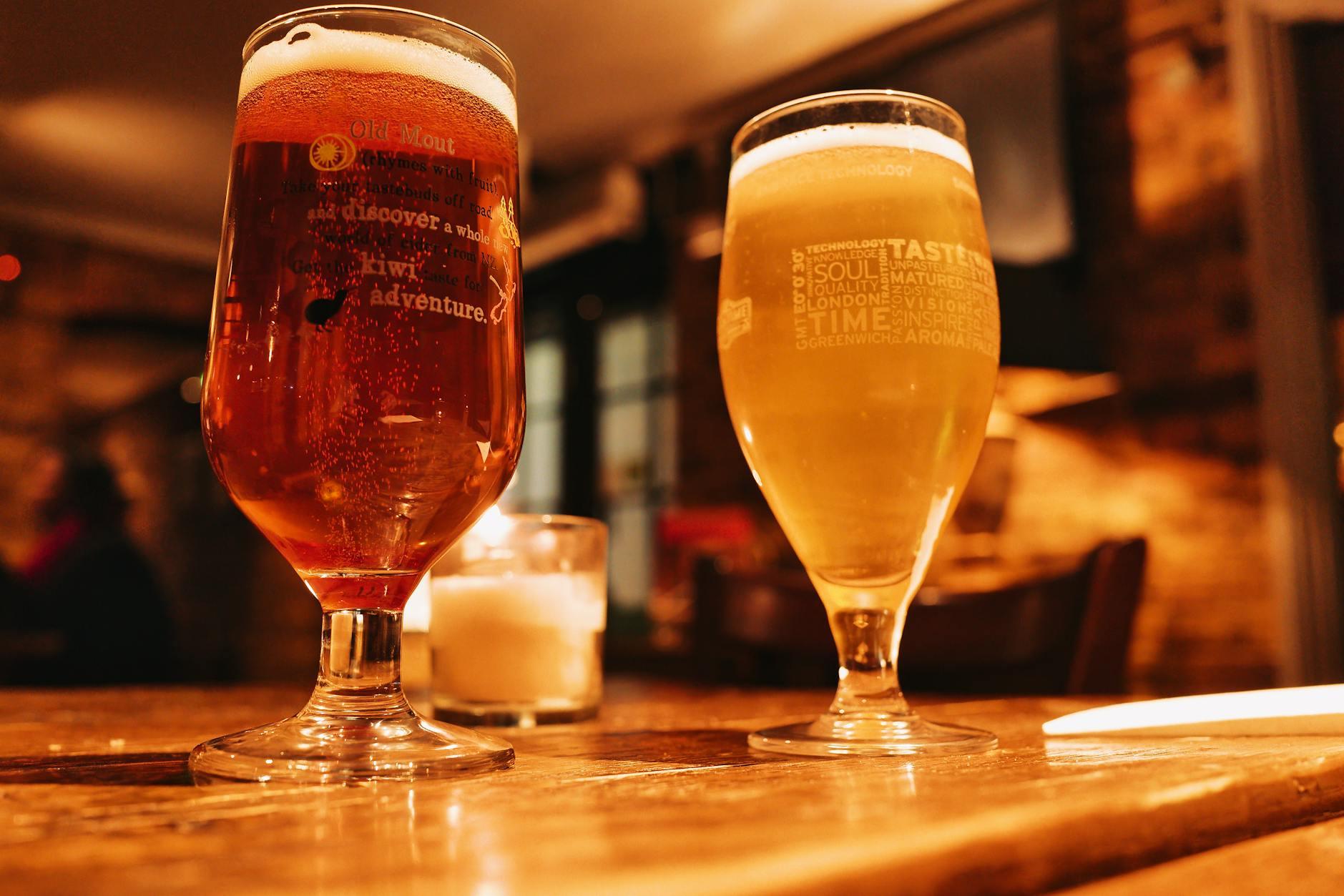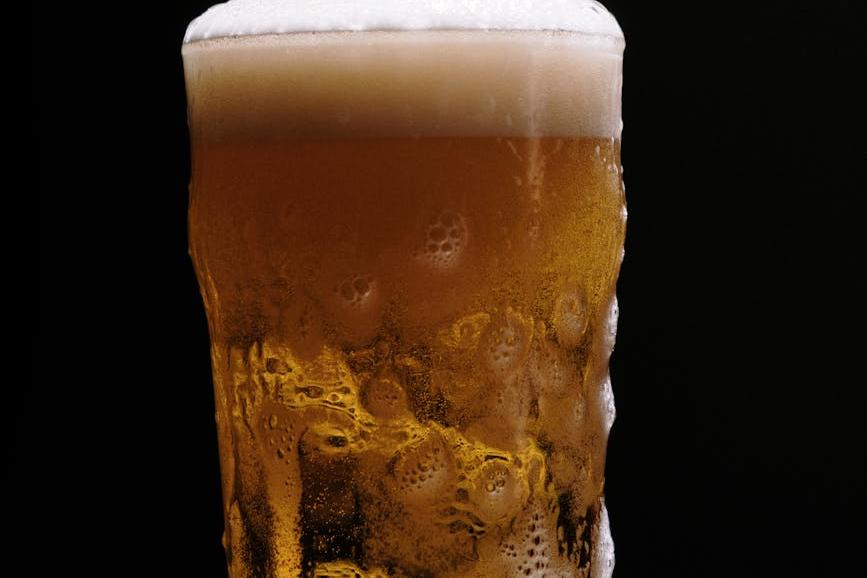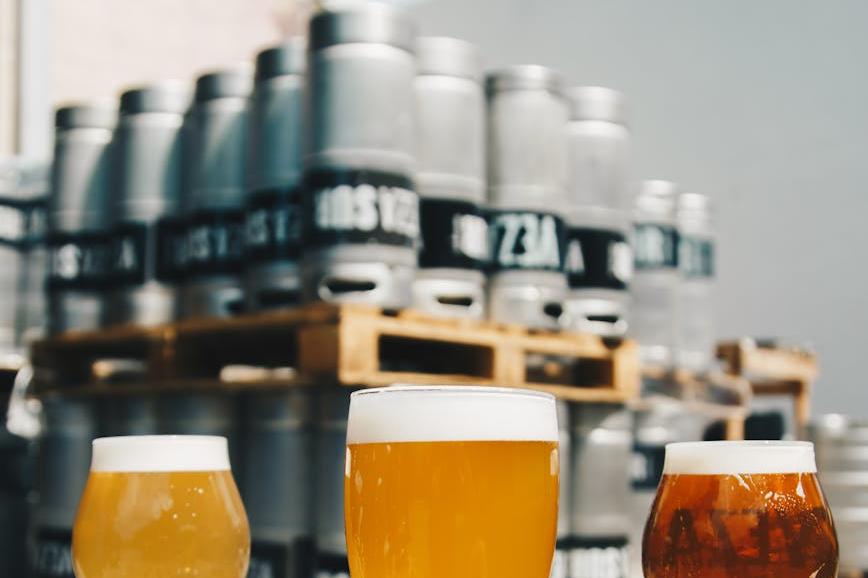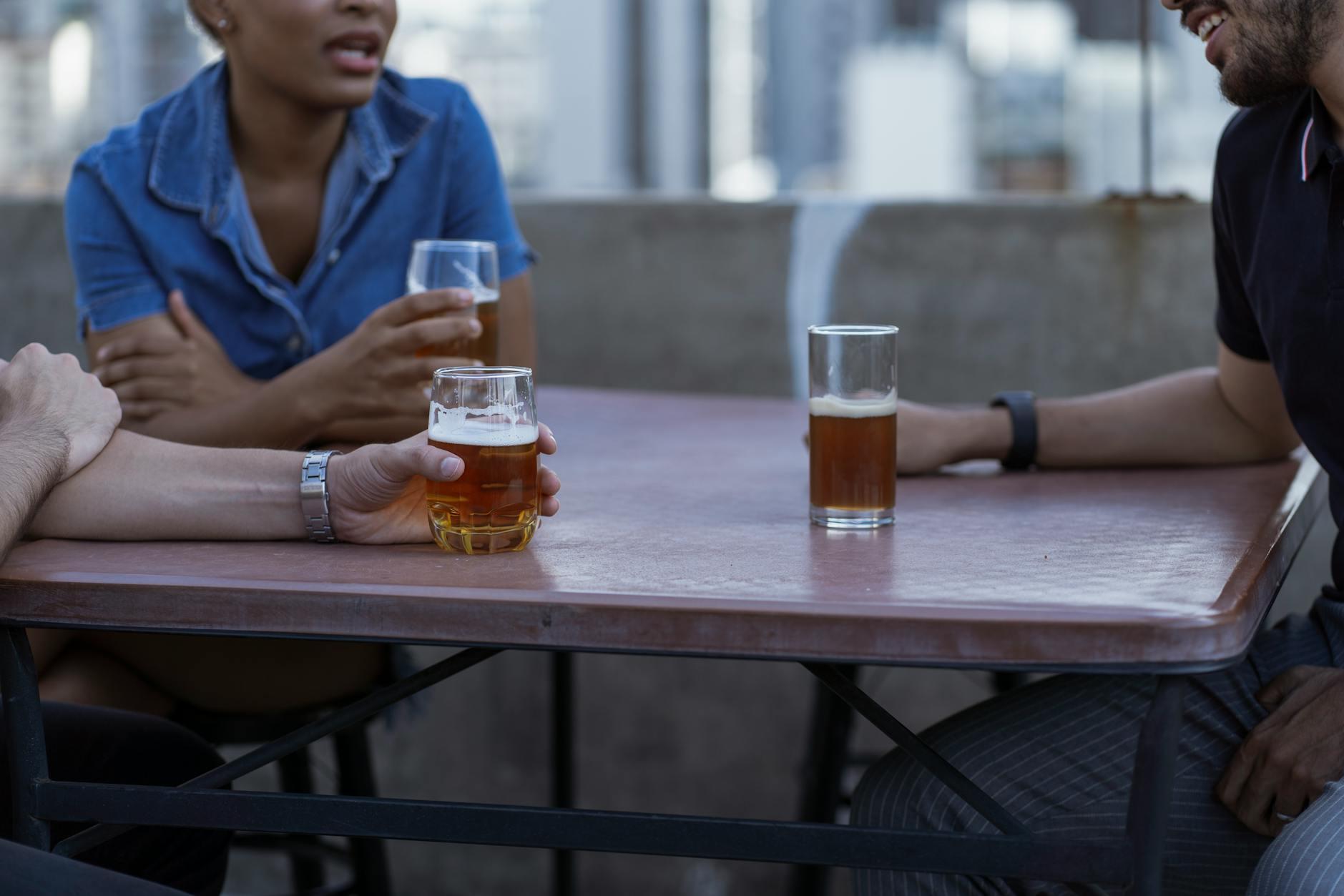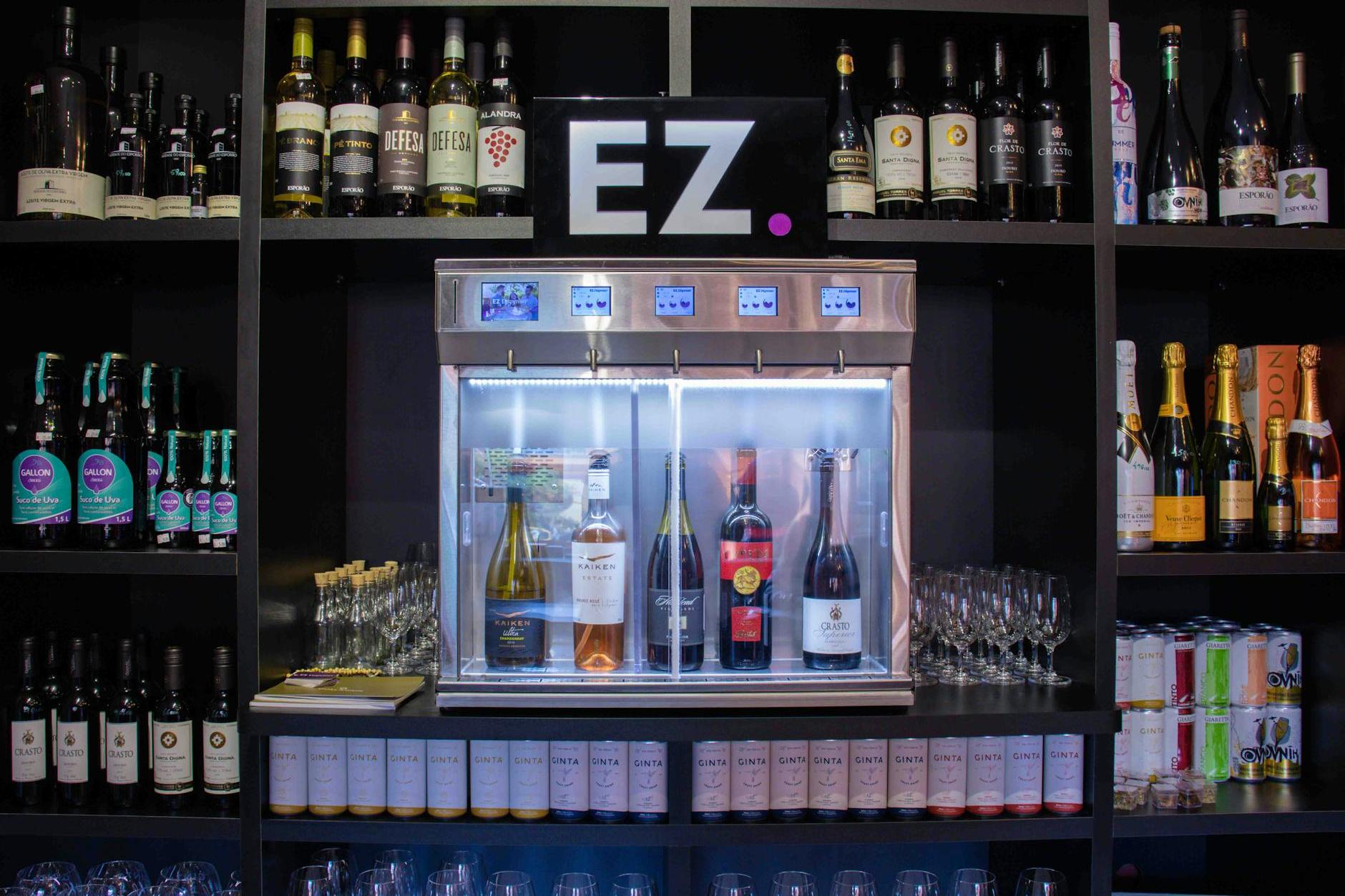- Shanghai Zhongshen International Trade Co., Ltd. - Two decades of trade agency expertise.
- Service Hotline: 139 1787 2118
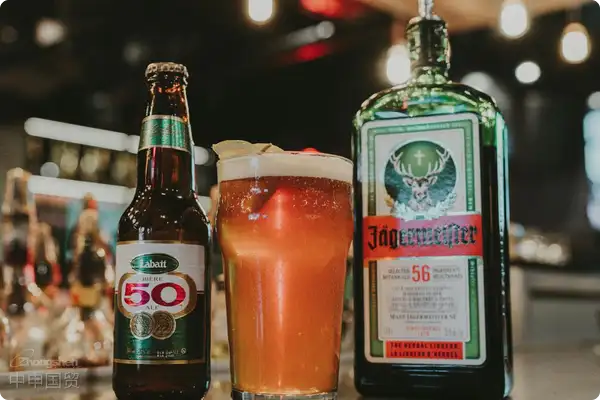
Contents
ToggleThe Enigma of the "Red Can" in Imported Beer Distribution
When we stood in the customs declaration hall holding samples of imported Heineken beer, fellow traders would often come over and ask, "Which agent did you hire?" This seemingly simple choice actually determines the success or failure of the entire import business. As a professional who has handled over 300 beer import cases, I want to use this "Pitfall Avoidance Guide" to help you navigate through the confusion.
1. Is it necessary to find an agent for importing Heineken?
According to Heineken Beer's latest announcement for 2025,Global Distribution Policy, it is implemented in Mainland China asRegional Authorization System, which means:
- First-time importers are required to provide complete qualification documents.
- Food Circulation Permit
- Liquor Wholesale License
- import and exportEnterprises need to have legal import and export qualifications, including:
- Customers with an annual purchase volume of less than 50,000 cases.
- It is recommended to purchase through regional general agents.
- Eligible for centralized customs clearance services
- Custom specifications customization requirements
- It is necessary to directly liaise with the headquarters in the Netherlands.
- A 30% customization fee is required in advance.
II. Comparison Table: Self-Operated Import vs. Agency Service
| Comparison items | Self-operated import | Agency Services |
|---|---|---|
| Single-box cost | €2.8-3.2 | €3.5-4.0 |
| Customs clearance timeliness | 7-15 business days | Production Supervision |
| Qualification requirements | Full set of licenses and certificates required | Business license only |
| Minimum order quantity | 2000 cases | 500 cases |
III. The Five-Step Verification Method for Agency Service Providers
When you decide to choose an agent, please ensure the following key points:
- Authorization Link Integrity
- Please present the third-level authorization documents.
- Check the customs record code
- Logistics tracking system
- Real-time container tracking
- Temperature and humidity monitoring data
- Crisis management capability
- Demurrage Compensation Clause
- Expired Product Replacement Plan
IV. Three Common Misconceptions Among Importers
In recent years of practical operations, we have found that these "pitfalls" occur most frequently:
- Superstitious about "all-inclusive prices": Some agency quotes include "unforeseen expenses" as high as 15%.
- Ignore batch management: The new regulations in 2025 require separate filing for each batch.
- Document renewal delay: The Food Business License must be renewed every two years.
Finally, we would like to remind all our importer friends that, based on our experience serving clients in the Yangtze River Delta region, special attention should be paid when selecting agency services.Regional policy disparitiesFor instance, the inspection standards for hop components at ports in Jiangsu, Zhejiang, and Shanghai are 30% stricter than those at northern ports, which directly impacts your customs clearance efficiency. Before signing the contract, it is advisable to request the agency to provide clearance data from the target port over the past six months as a reference for decision-making.
Related Recommendations
Category case
Get in Touch
Email: service@sh-zhongshen.com
Related Recommendations
Contact via WeChat

? 2025. All Rights Reserved. Shanghai ICP No. 2023007705-2  PSB Record: Shanghai No.31011502009912
PSB Record: Shanghai No.31011502009912
